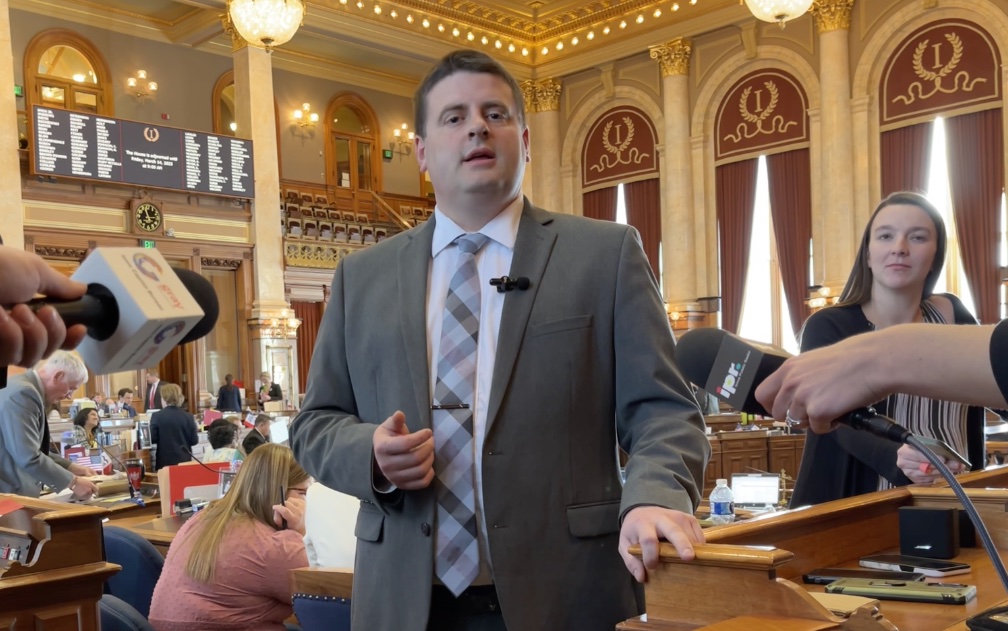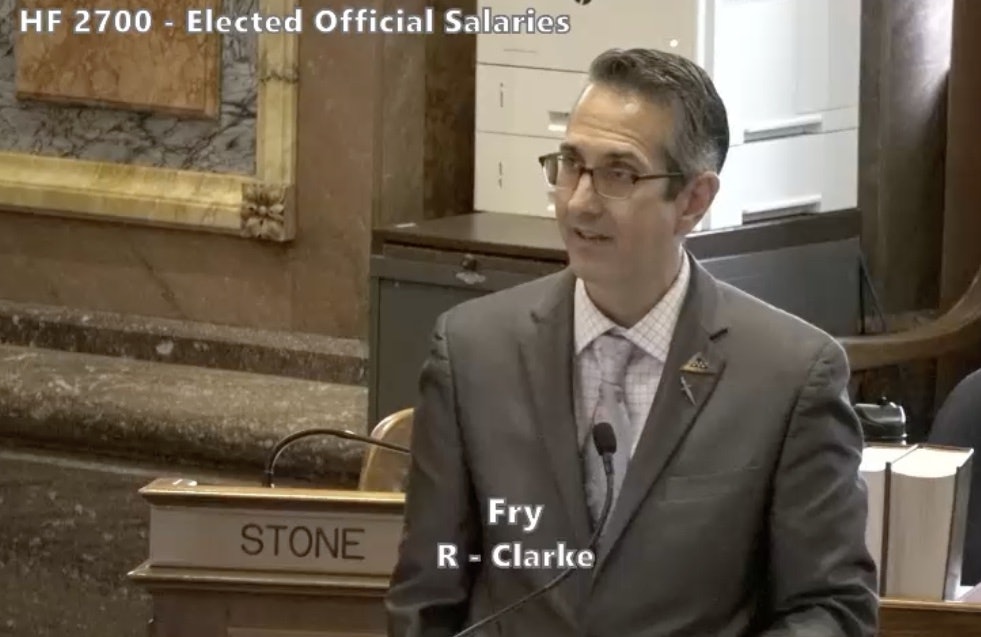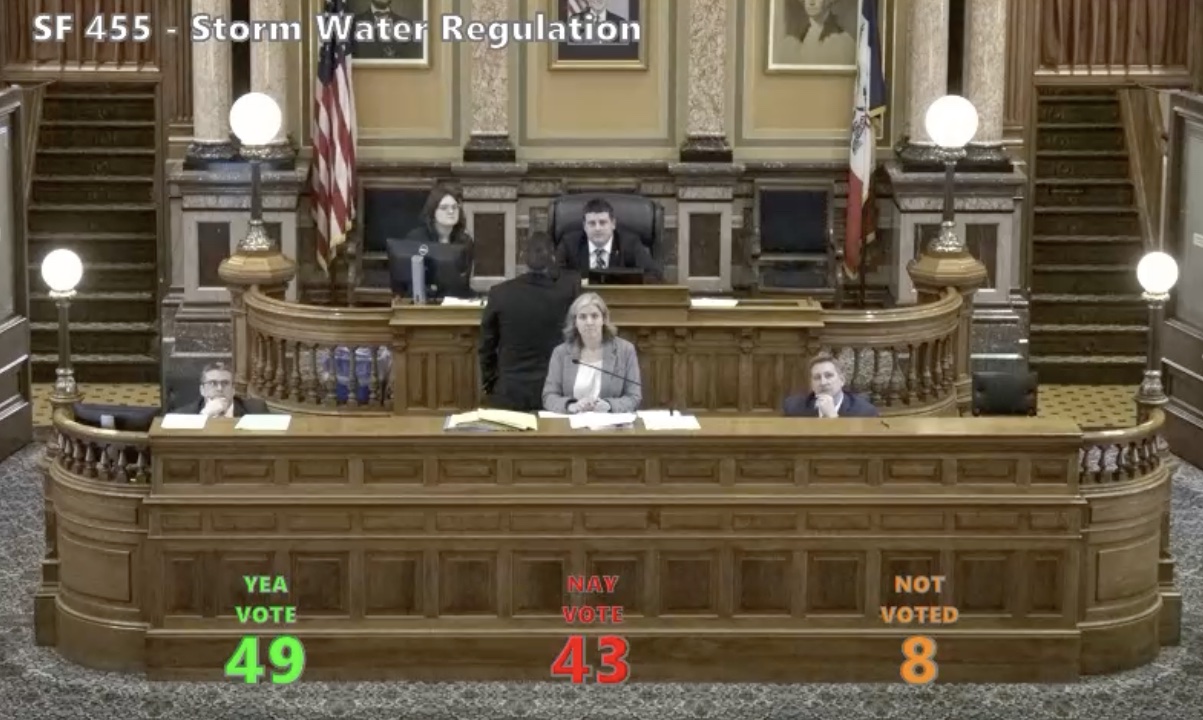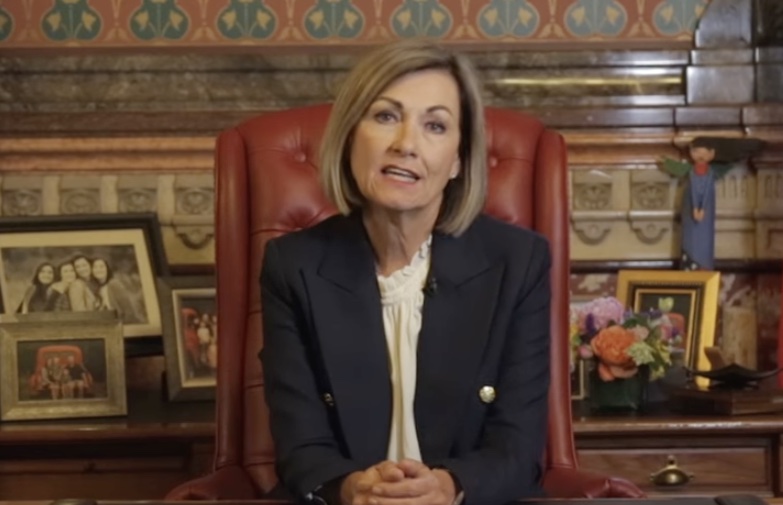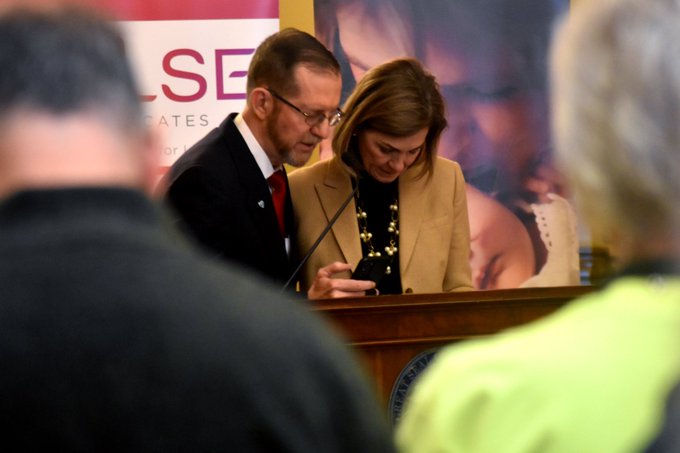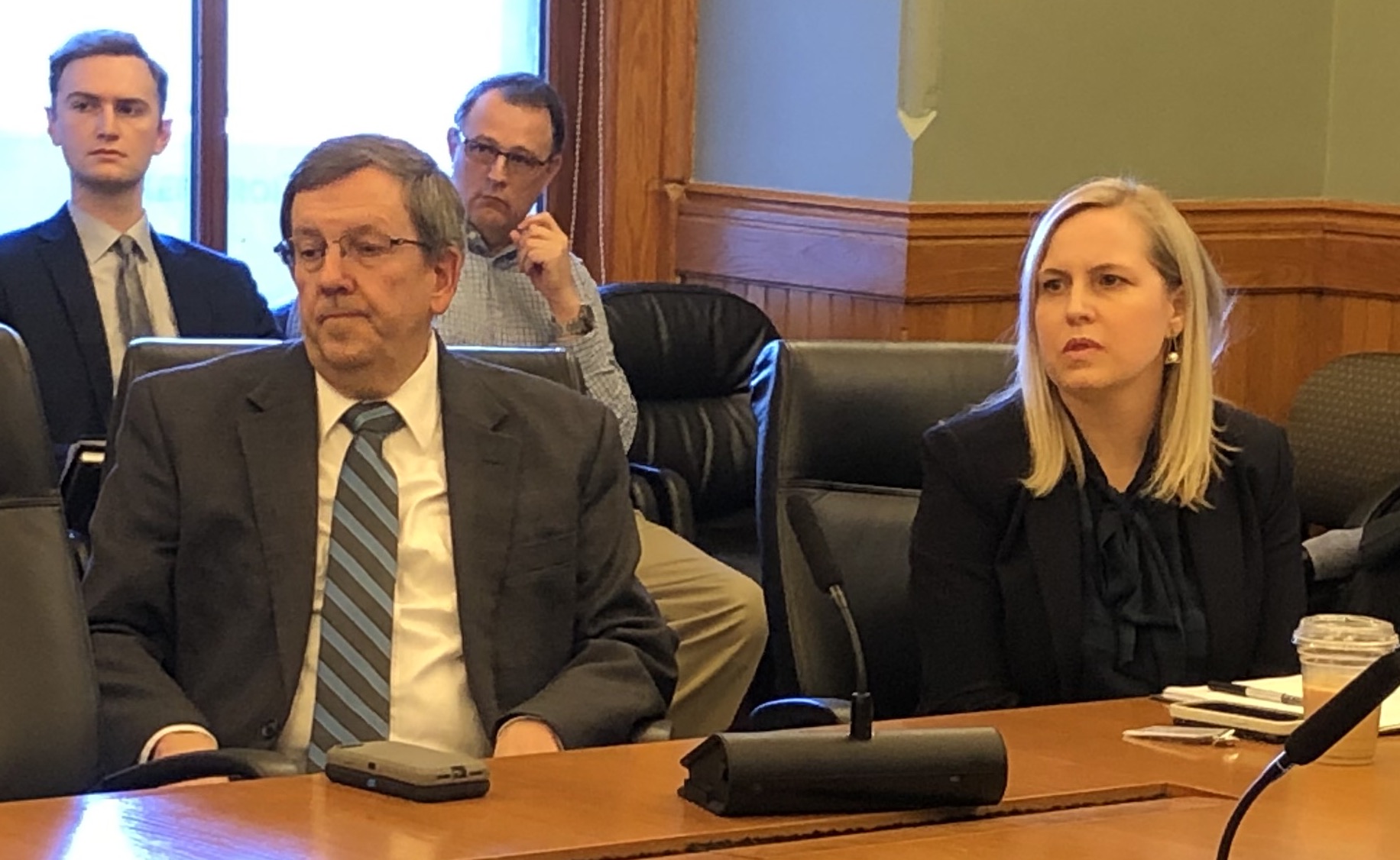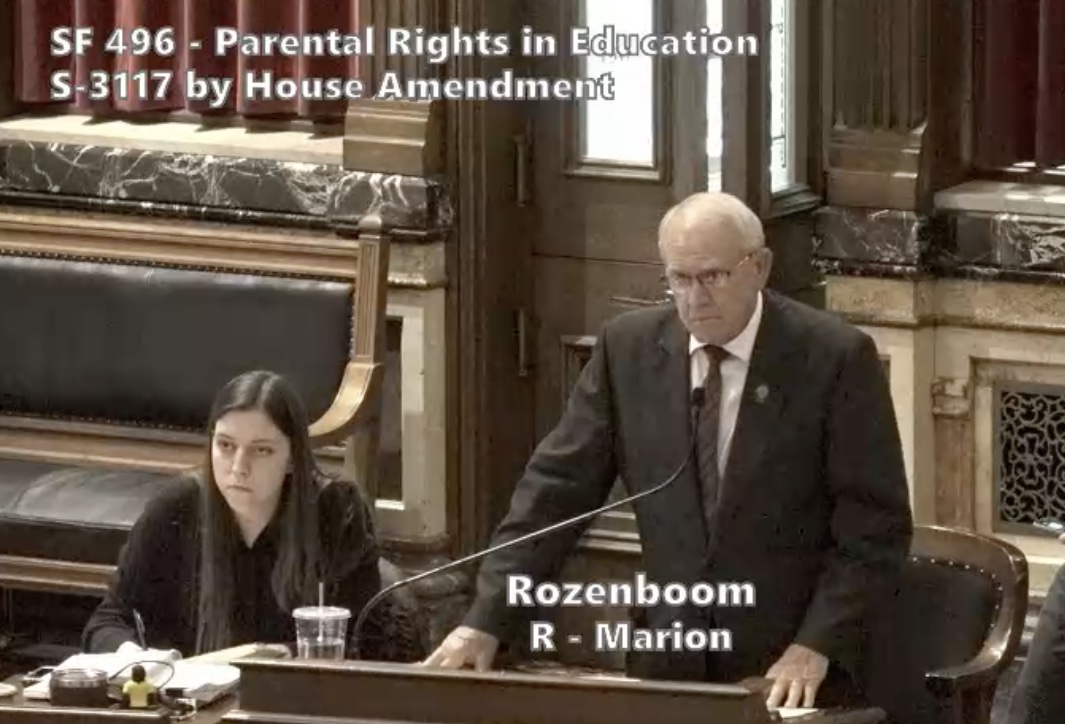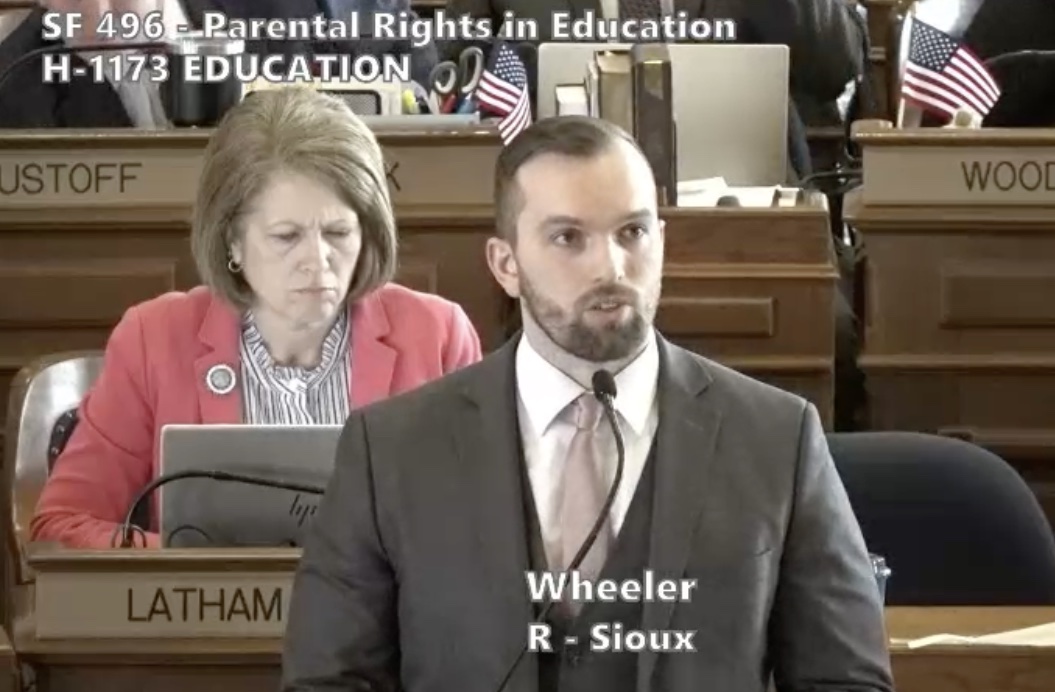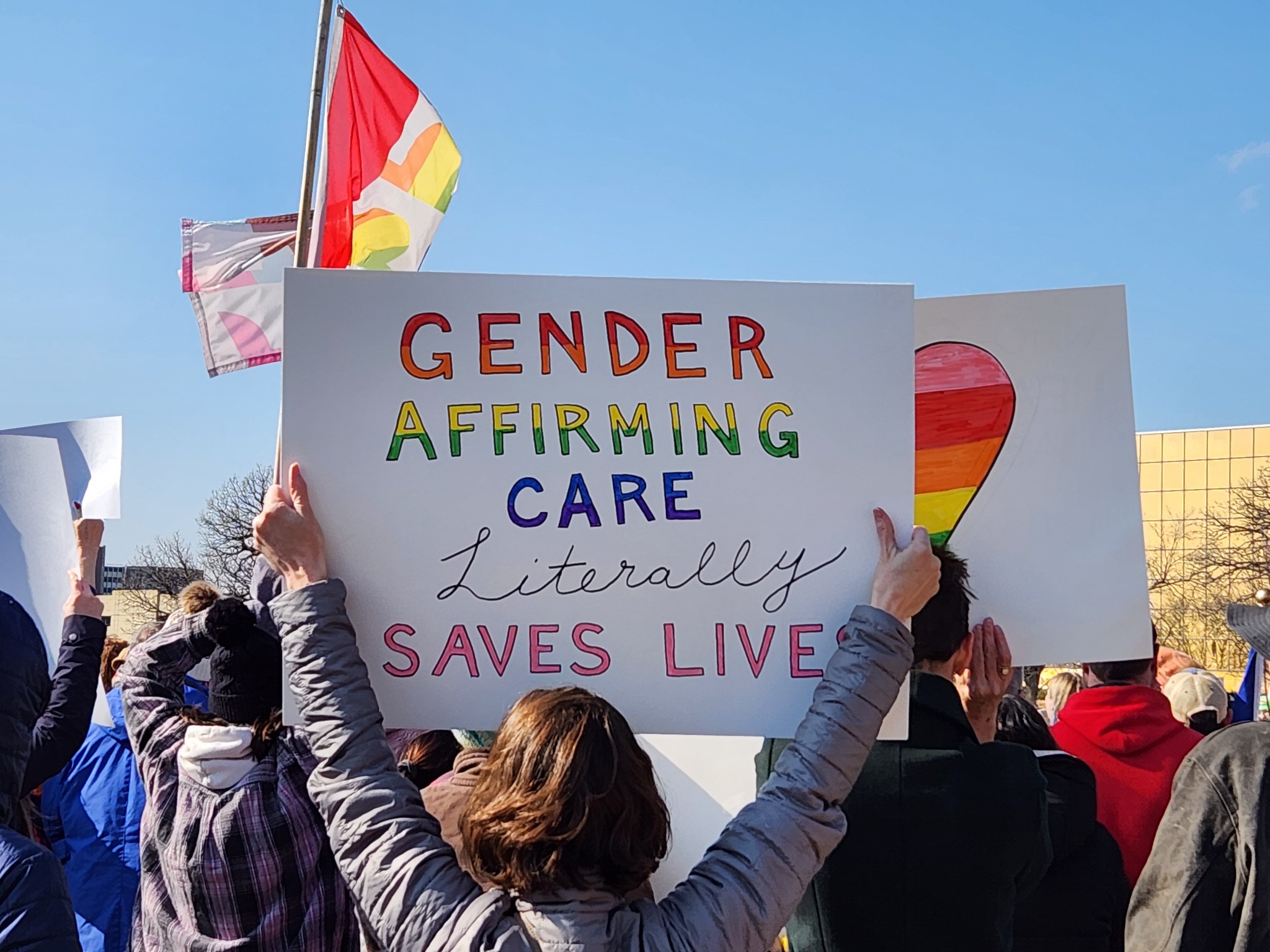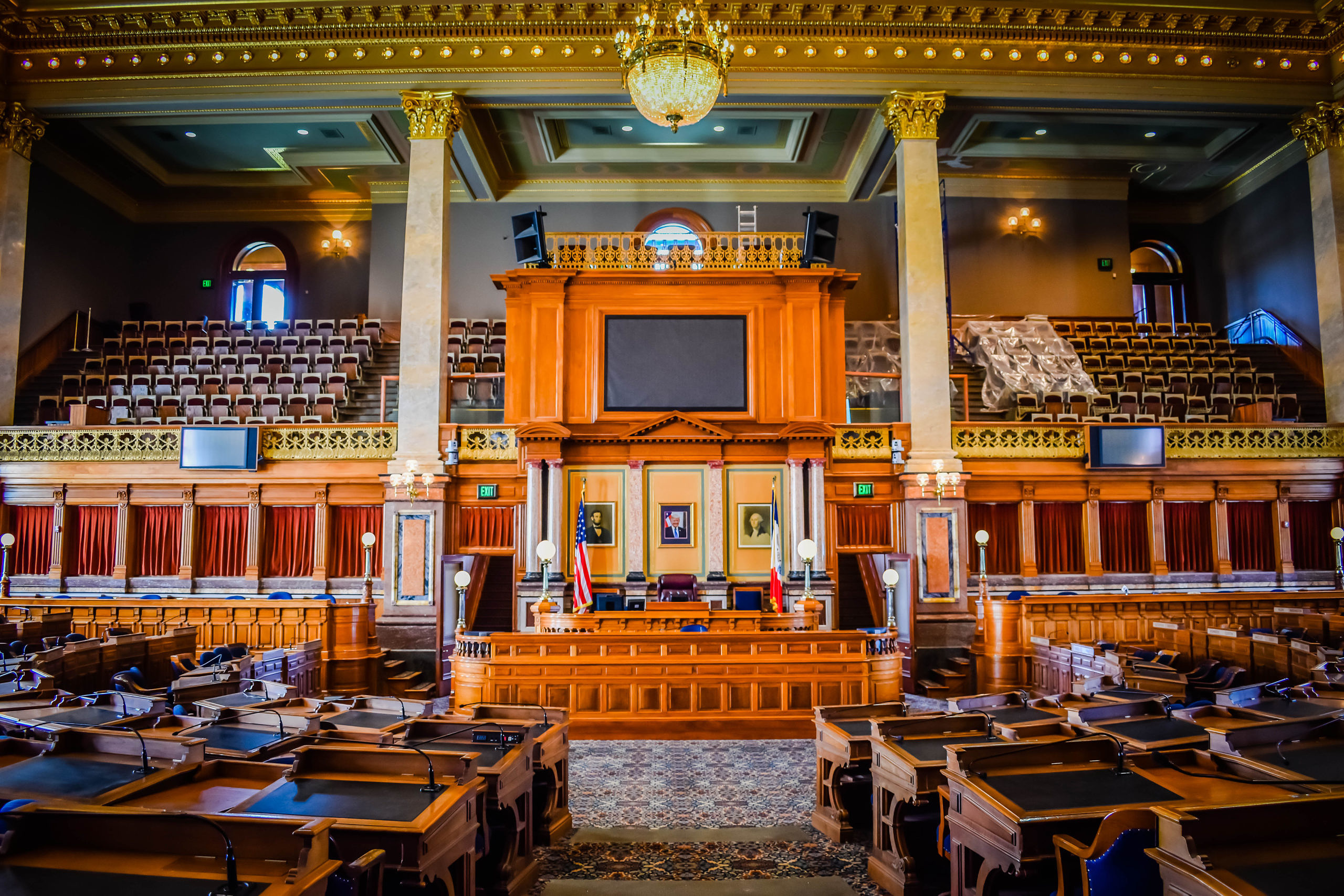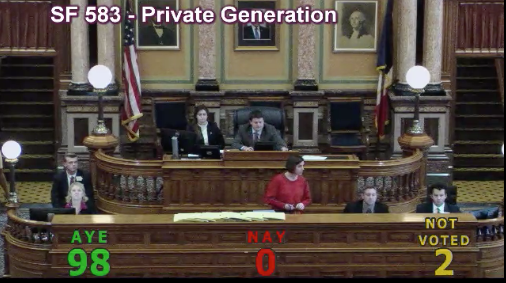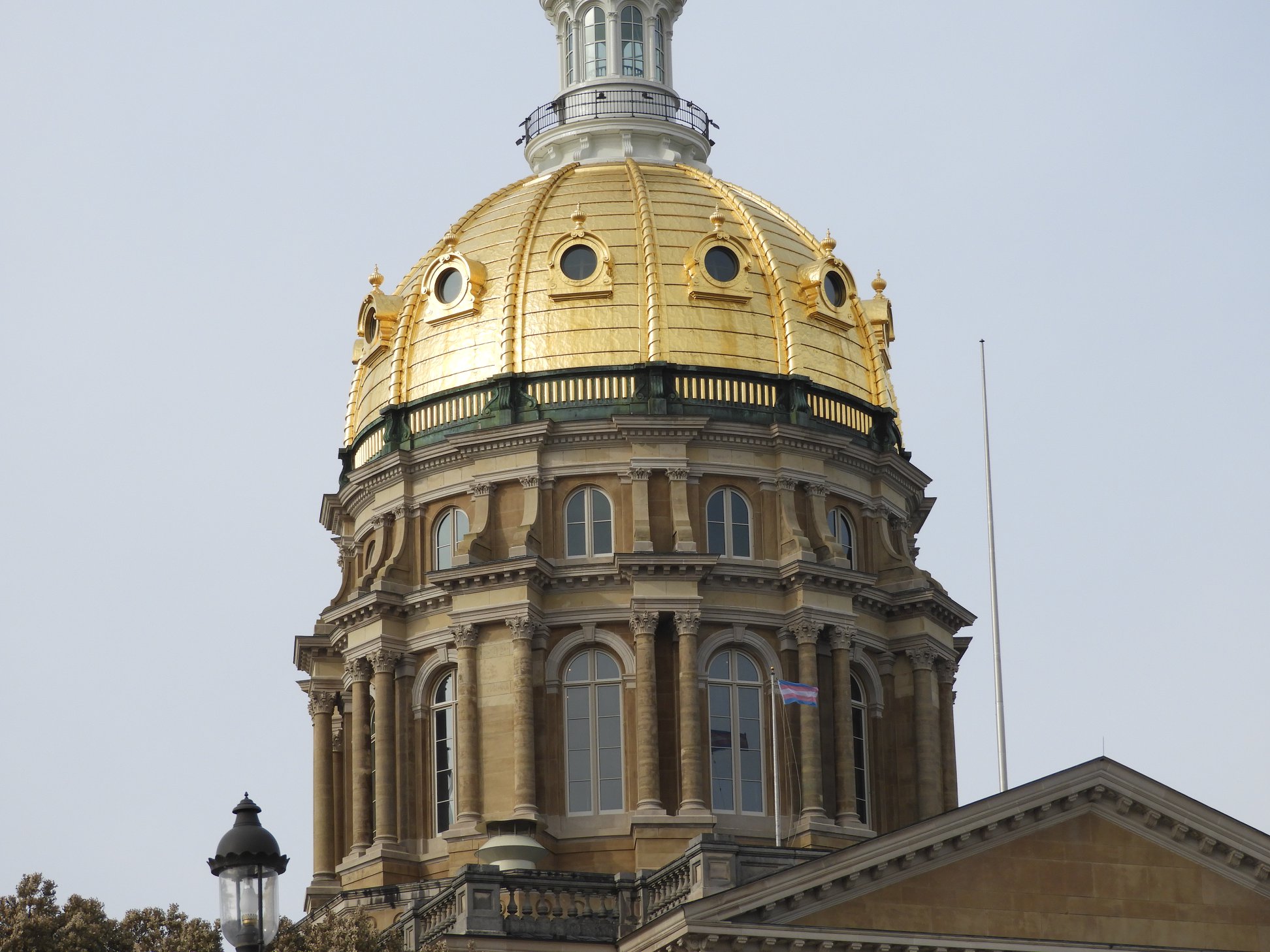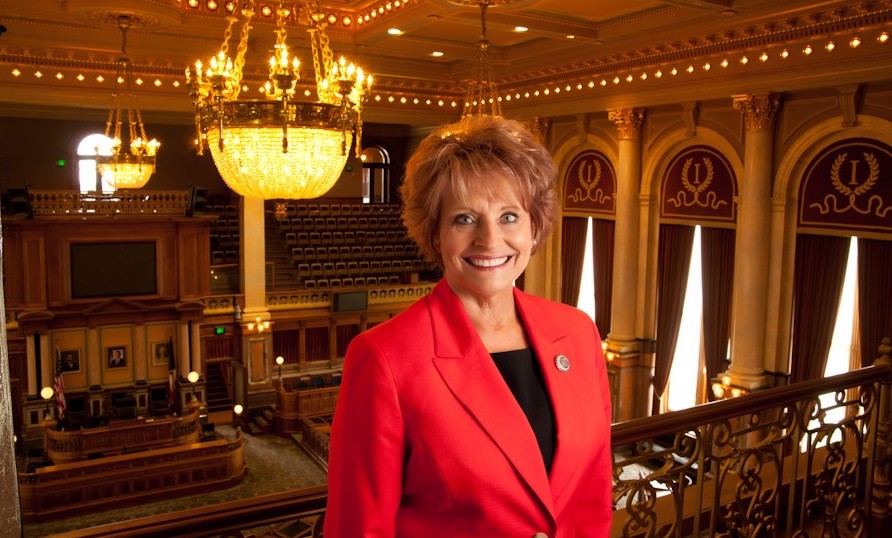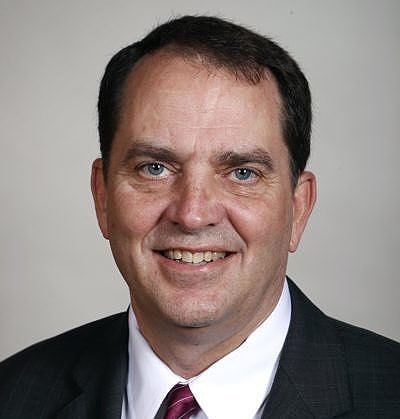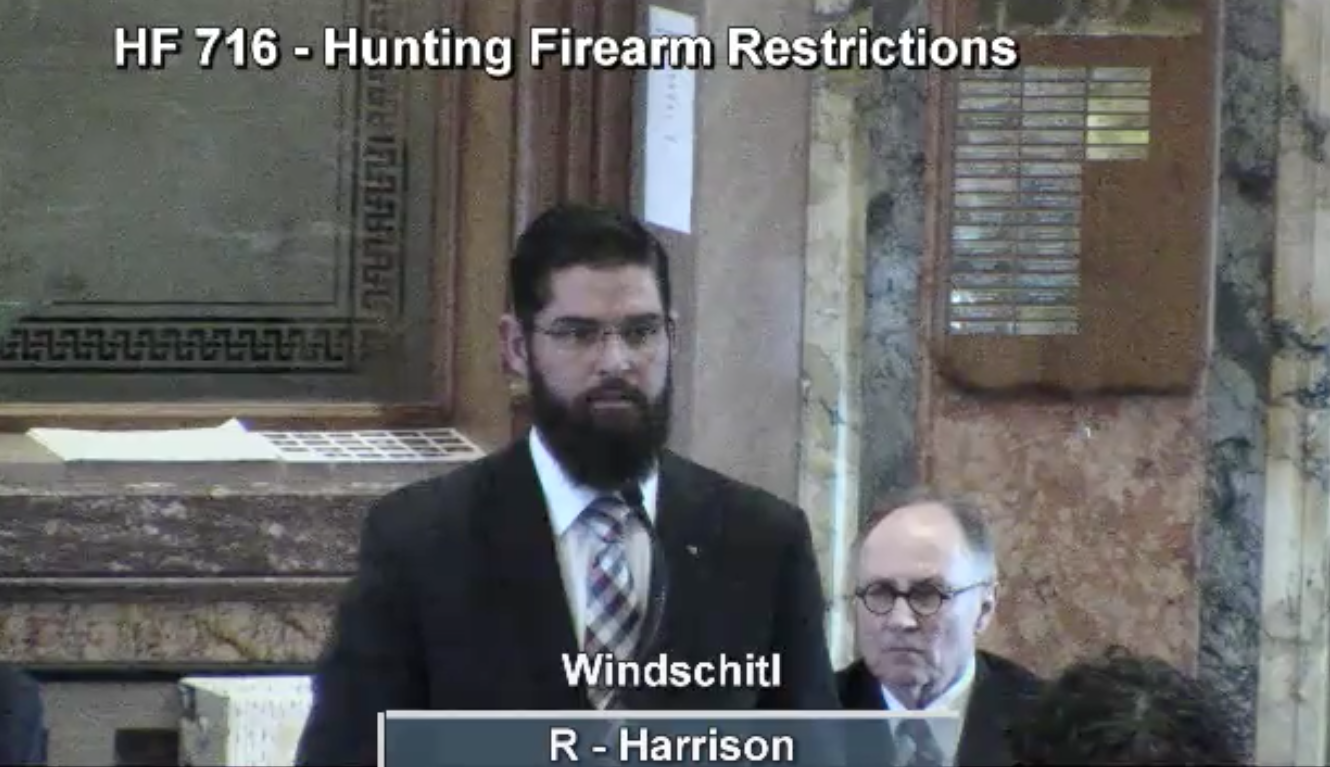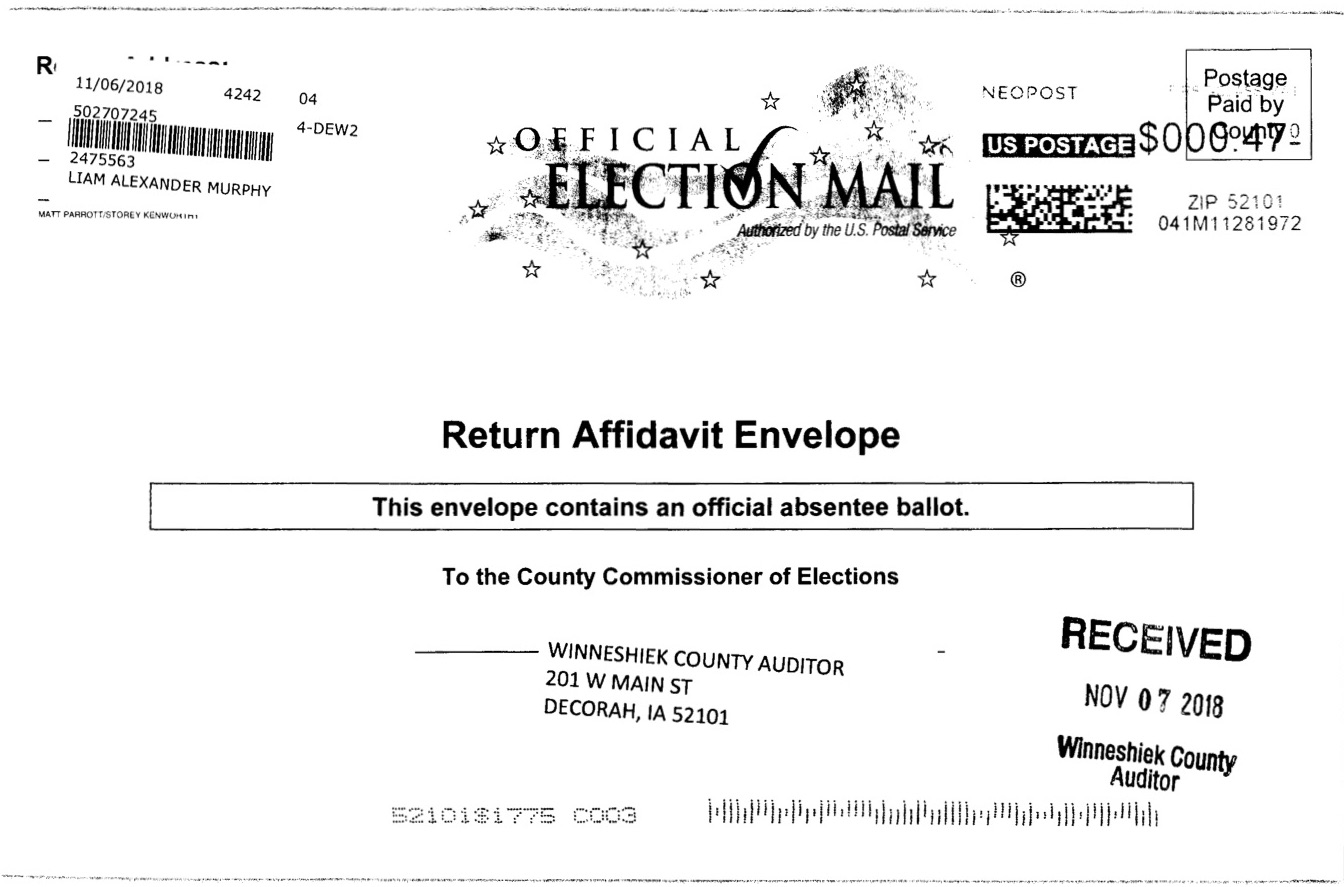The Iowa House opened its 2023 session on January 9 with 64 Republicans and 36 Democrats, a four-seat gain for the GOP compared to last year.
Thirty-eight representatives (24 Republicans and fourteen Democrats) were just elected to the chamber for the first time in November. Two Republicans previously held other legislative offices: Craig Johnson served one and a half terms in the Iowa Senate, and David Young served two terms in Congress.
The House members include 71 men and 29 women (sixteen Democrats and thirteen Republicans), down from 31 women who served for the last two years. The record for women’s representation in the Iowa House was 34 female lawmakers in 2019.
Six African Americans (Democrats Ako Abdul-Samad, Jerome Amos, Jr., Ruth Ann Gaines, Mary Madison, and Ross Wilburn, and Republican Eddie Andrews) serve in the legislature’s lower chamber. As Abdul-Samad began his seventeenth year at the capitol, he surpassed Helen Miller as Iowa’s longest-serving Black state legislator.
Republican Mark Cisneros was the first Latino elected to the Iowa legislature in 2020, and Democrat Adam Zabner is now the second Latino serving in the chamber. Republican Henry Stone became only the second Asian American to serve in the House after the 2020 election, and Democrat Megan Srinivas was also elected in November. The other 92 state representatives are white.
Democrat Elinor Levin is the only out LGBTQ member of the Iowa House. She and Zabner are also the first Jews to serve in the chamber for more than three decades. Abdul-Samad is the only Muslim member of the House, and Srinivas is Hindu.
I’ve posted details below on the Iowa House majority and minority leadership teams, along with all chairs, vice chairs, and members of standing House committees. Where relevant, I’ve noted changes since last year’s session. The biggest change is that House Speaker Pat Grassley created an Education Reform Committee to consider the governor’s school voucher plan and other controversial education bills. The House also eliminated the Information Technology Committee.
Some non-political trivia: the 100 Iowa House members include two with the surname Meyer (a Democrat and a Republican) and two Thompsons and a Thomson (all Republicans). As for popular first names, there are four men named David or Dave, four named Thomas or Tom, three Roberts (a Robert, a Bob, and a Bobby), three Brians, three men named Michael (two go by Mike), a Jon and two Johns, two named Charles (a Chuck and a Charley), and two men each named Jeff, Ken, Steve, Matt, Austin, and Josh or Joshua. There are also two Elizabeths (one goes by Beth), an Ann and an Anne, and two women each named Heather, Megan, and Shannon. As recently as 2020, four women named Mary served in the Iowa House, but just one was sworn in this week.
Continue Reading...


